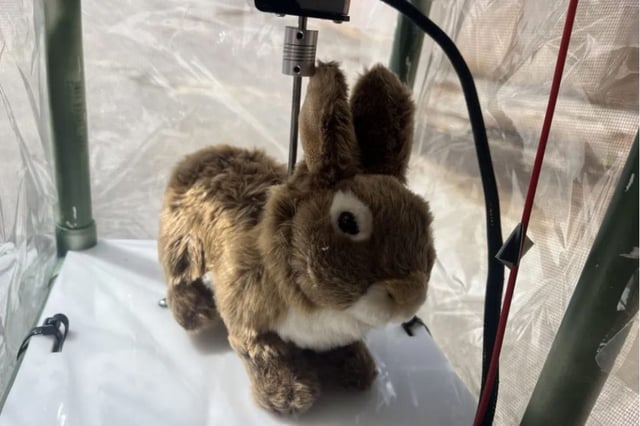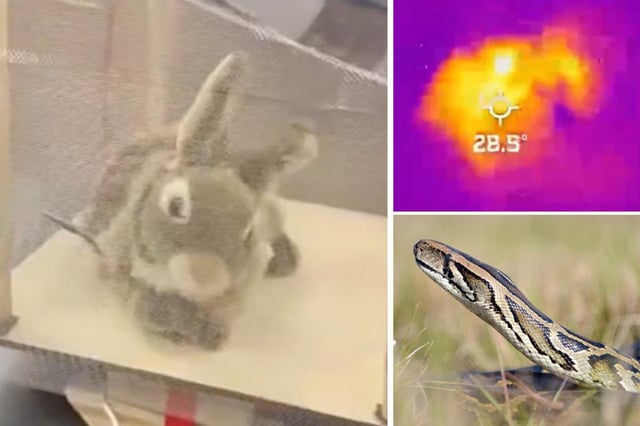Overview
- Researchers led by University of Florida wildlife ecologist Robert McCleery released 40 solar-powered, remote-controlled robot bunnies across South Florida this month.
- The animatronic rabbits mimic marsh rabbit movement and body heat while motion-sensor cameras alert scientists to nearby Burmese pythons.
- The project builds on GPS-tracking studies showing 77% of released marsh rabbits were consumed within six months and replaces labor-intensive live-decoy trials with scalable robotics.
- Designed to be waterproof and self-charging, the devices offer low-maintenance operation in challenging wetland conditions.
- If initial trials do not yield sufficient python interactions, researchers plan to perfume the robots with rabbit scent to boost their lure effectiveness.



